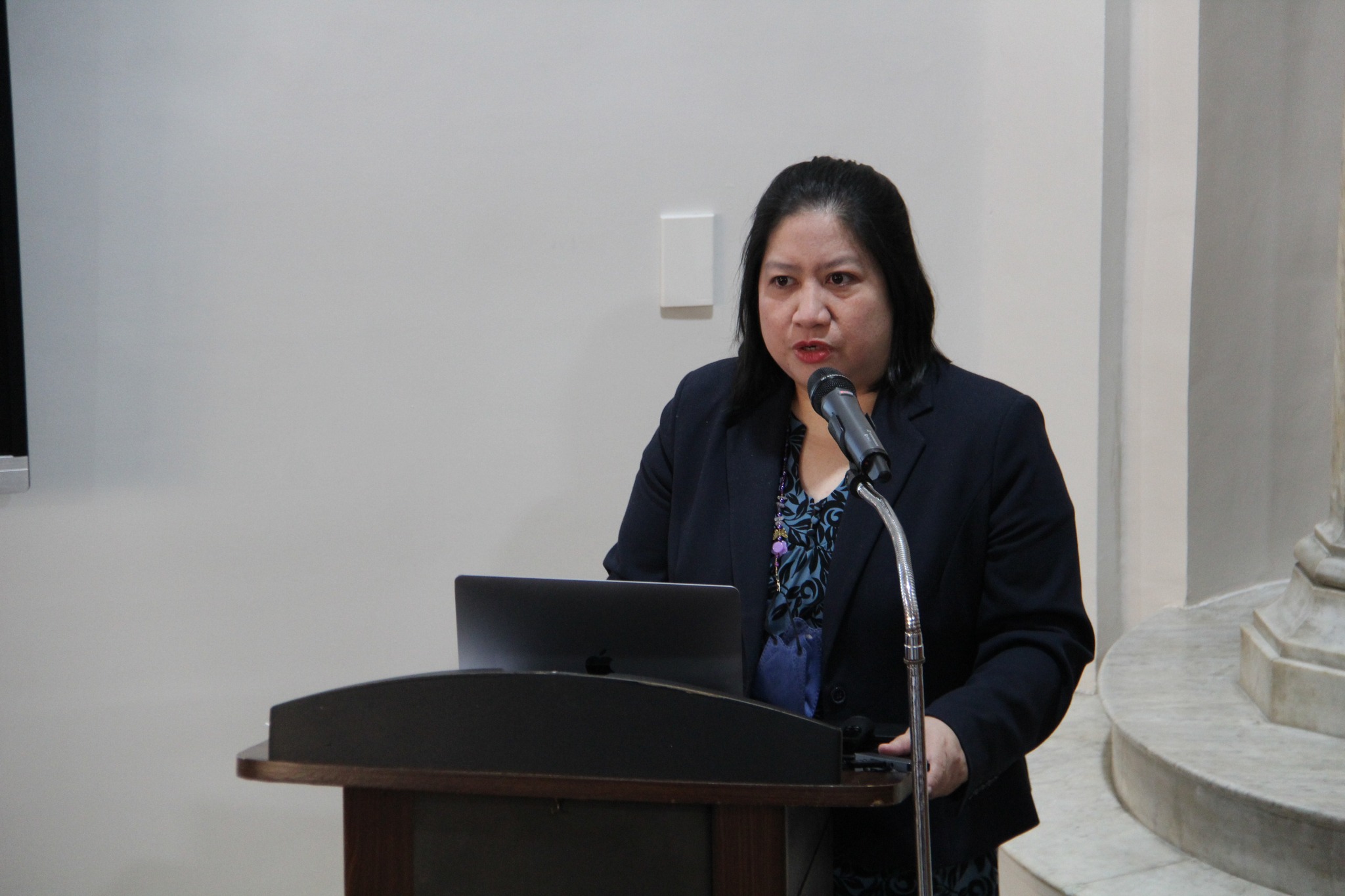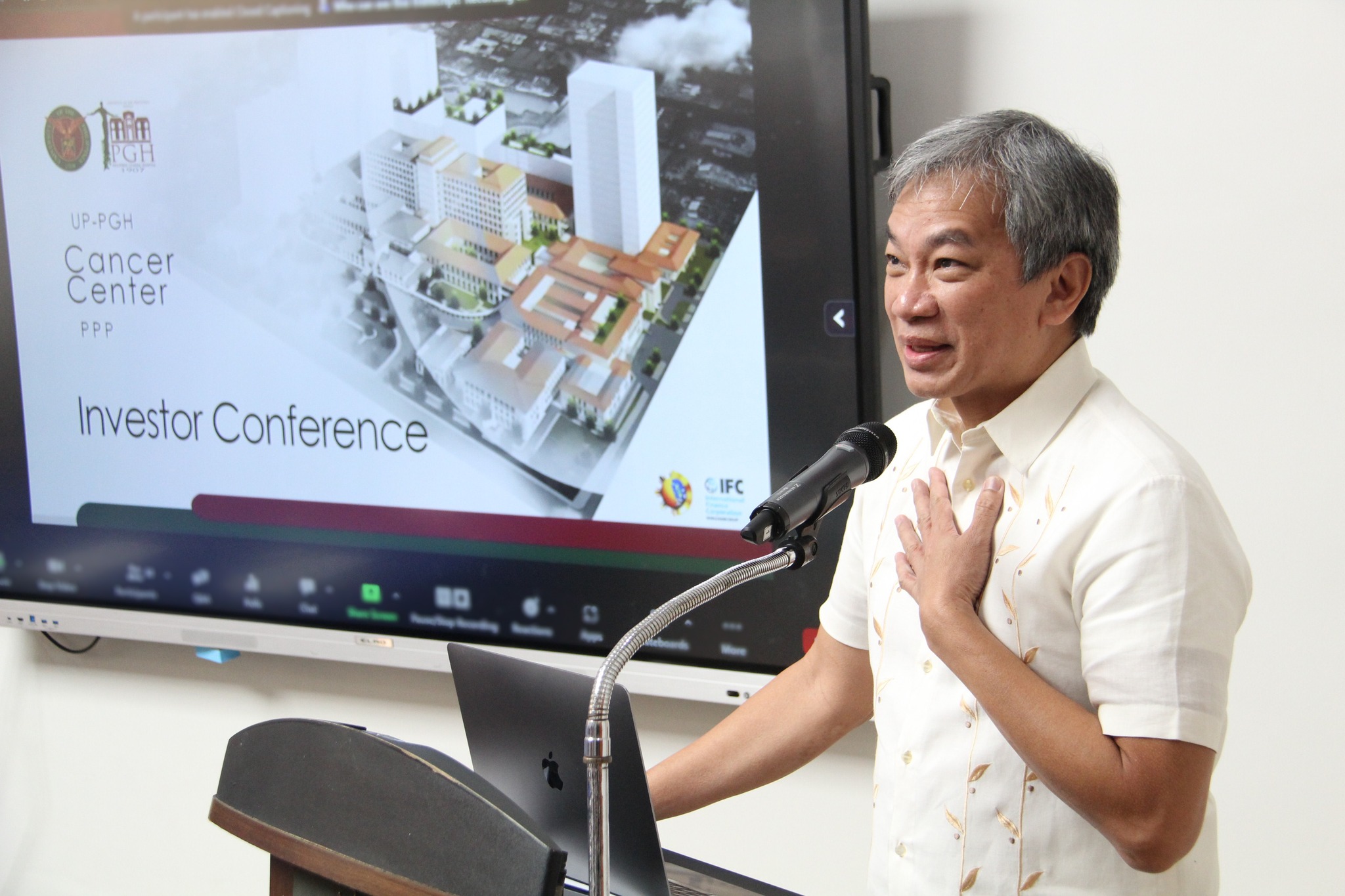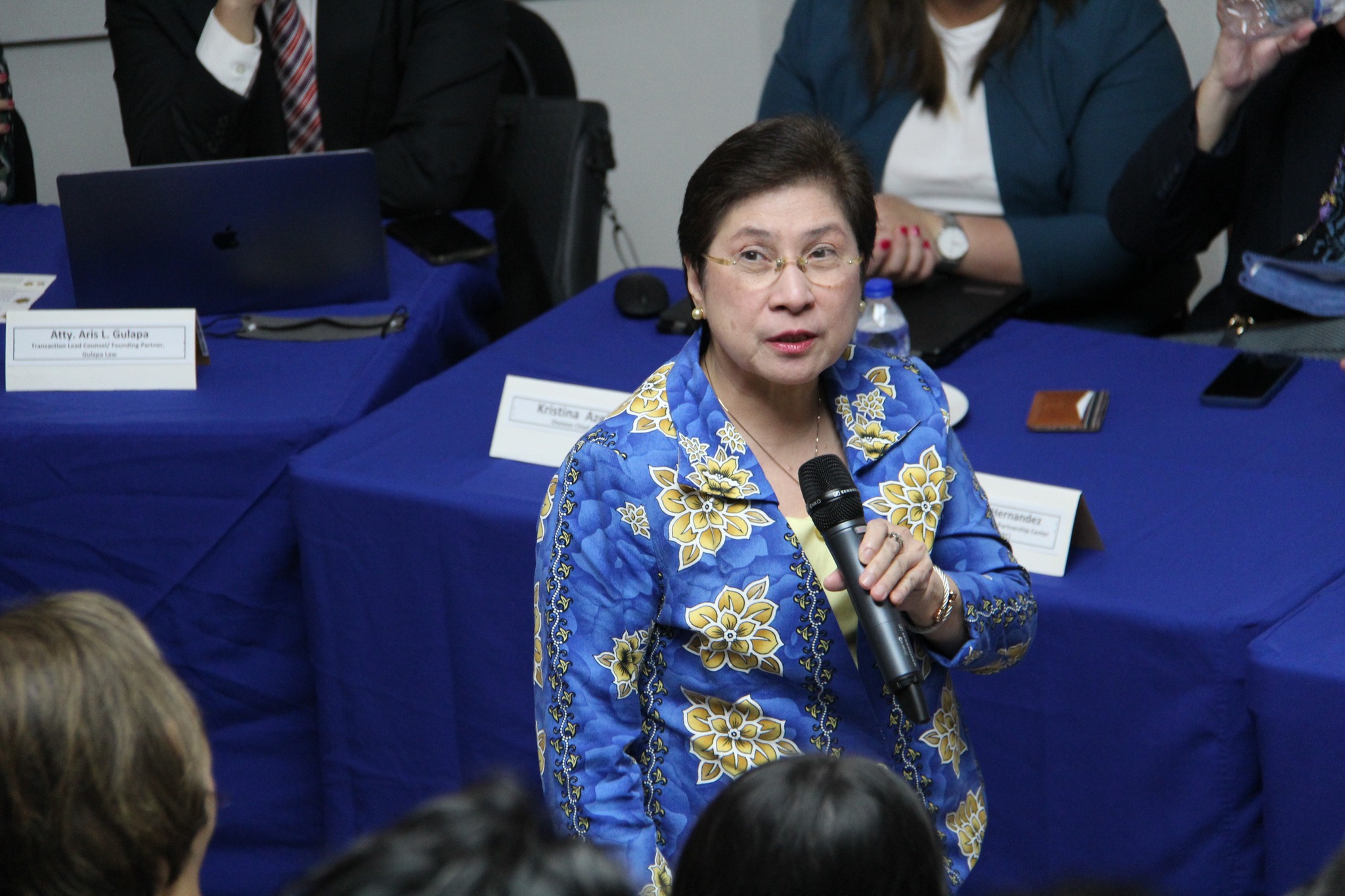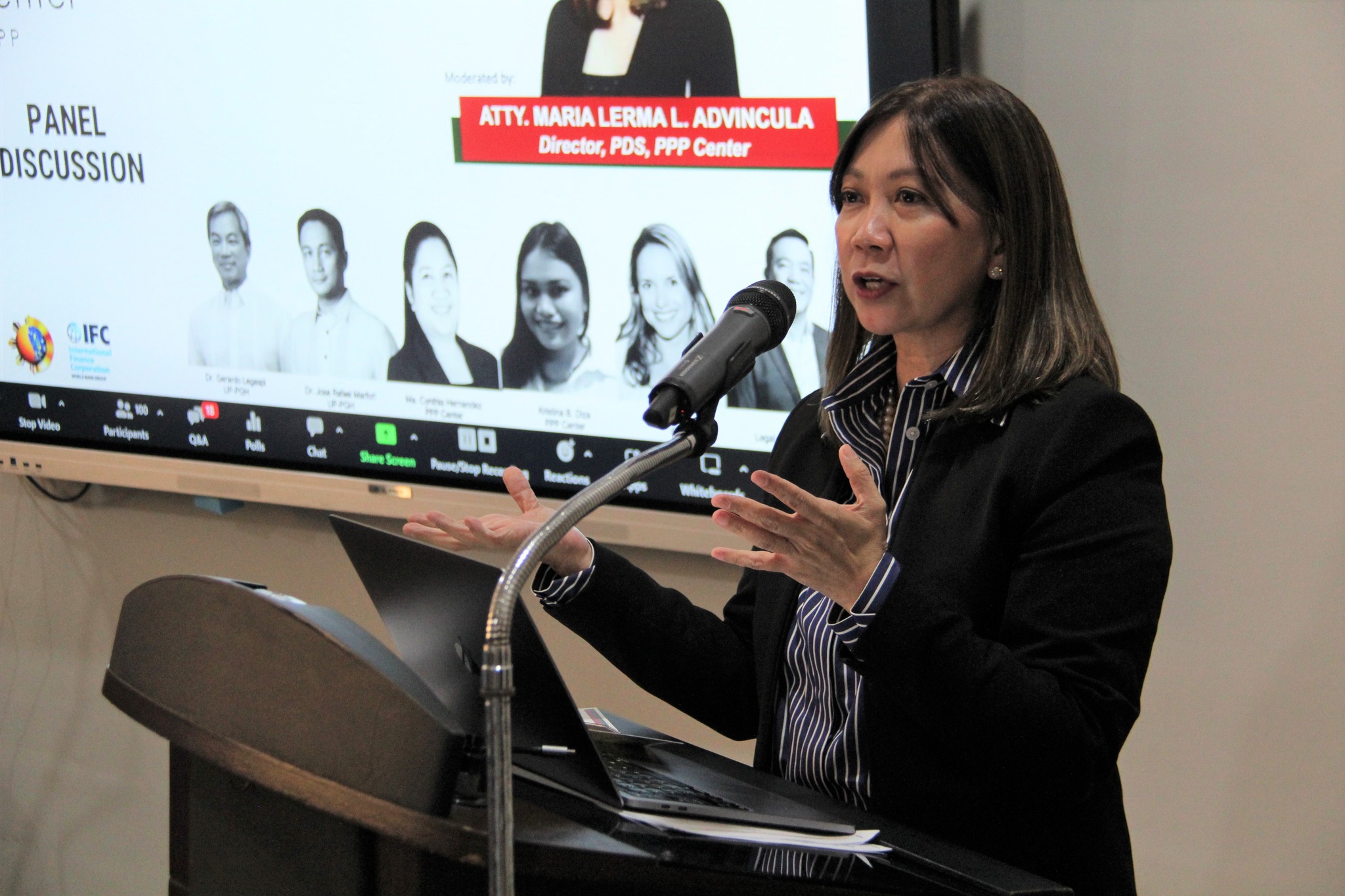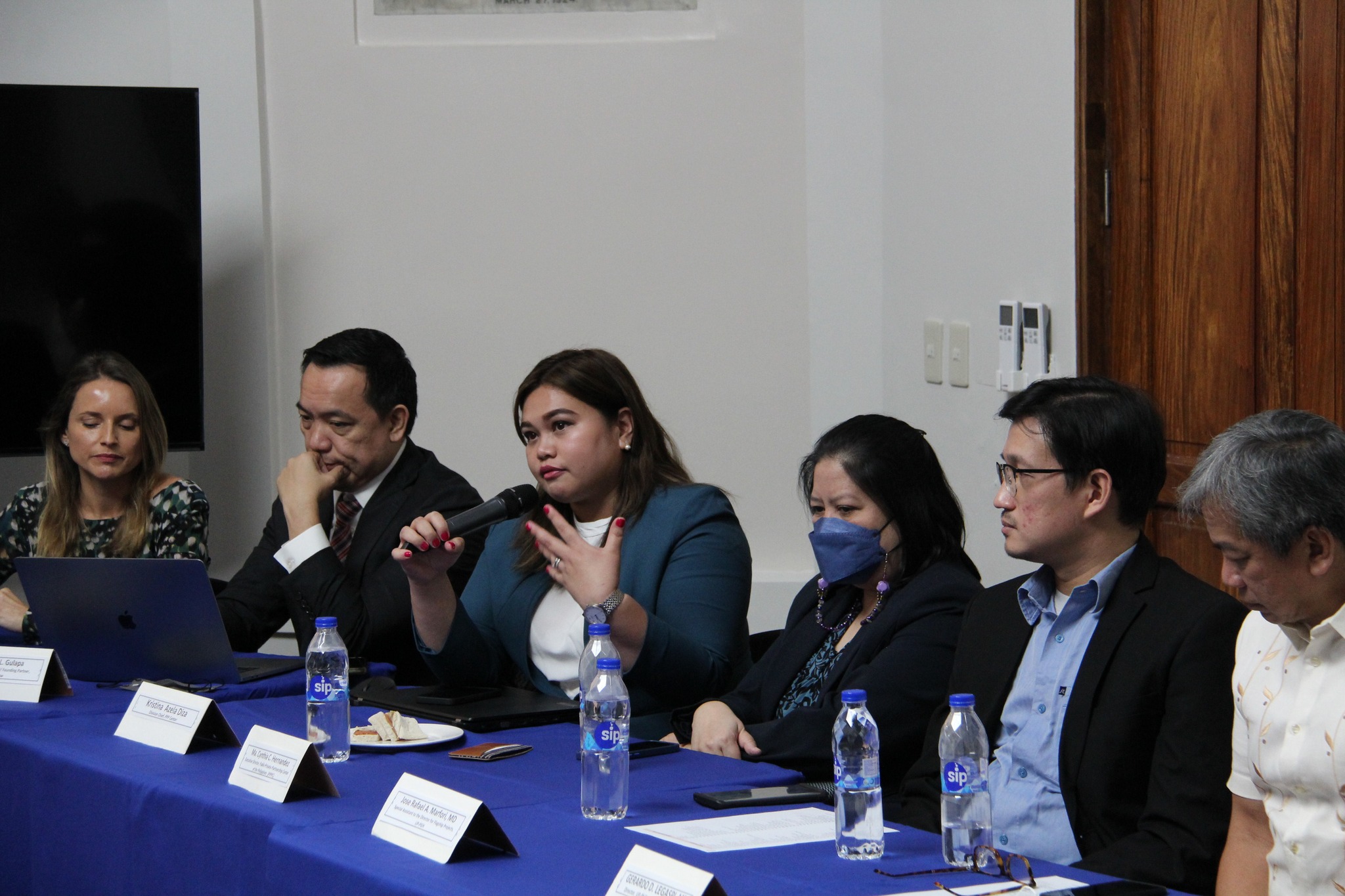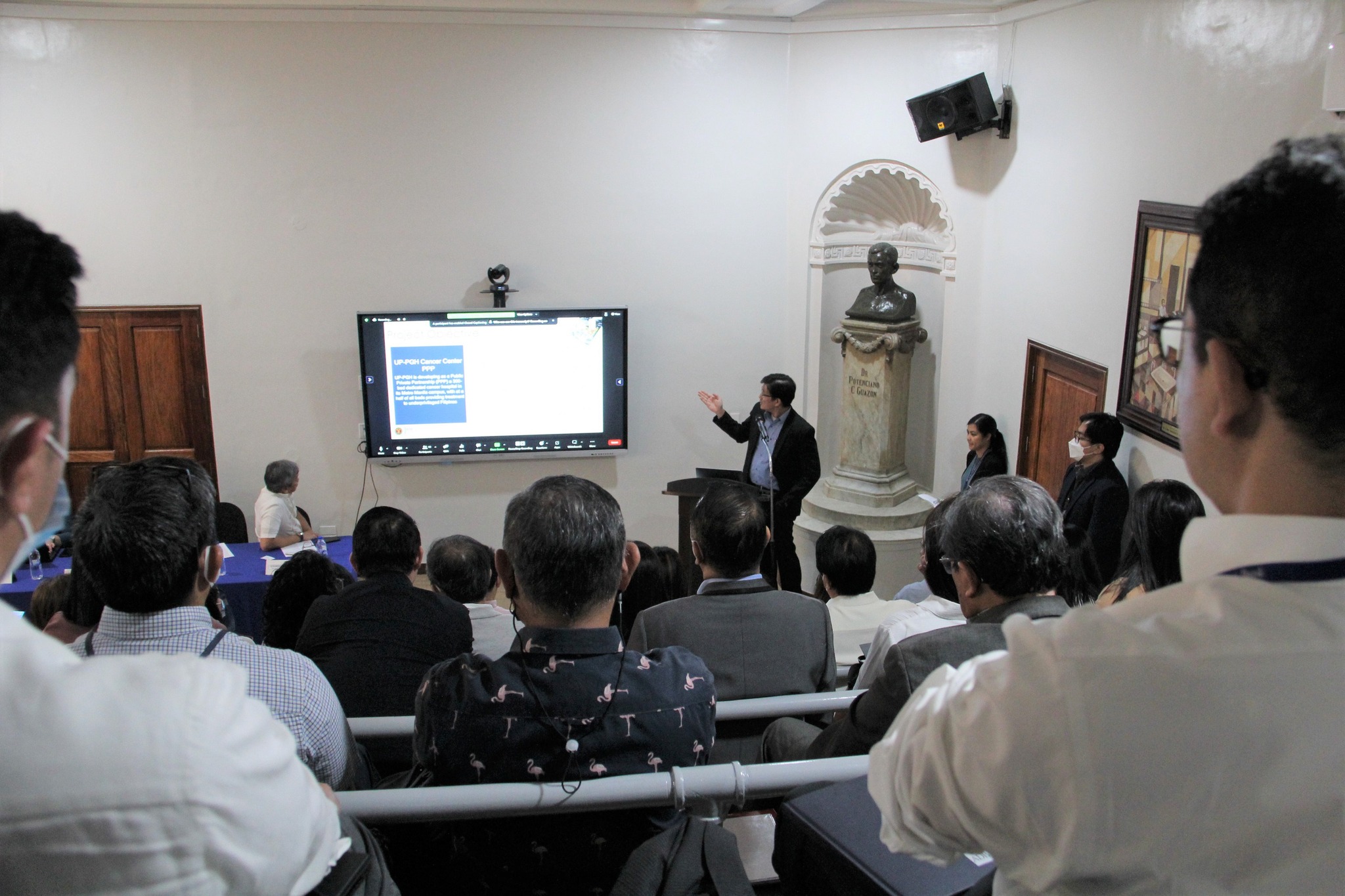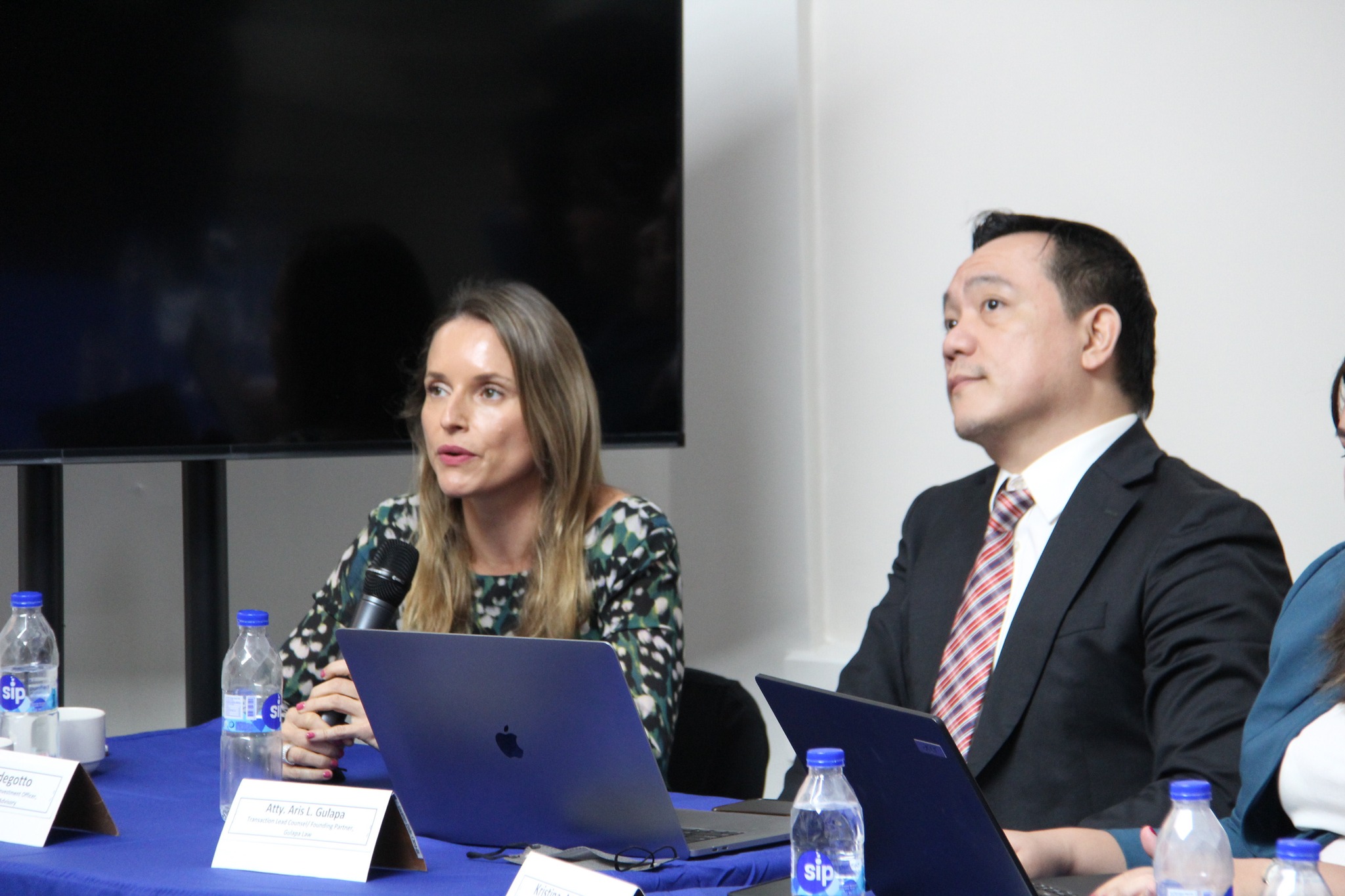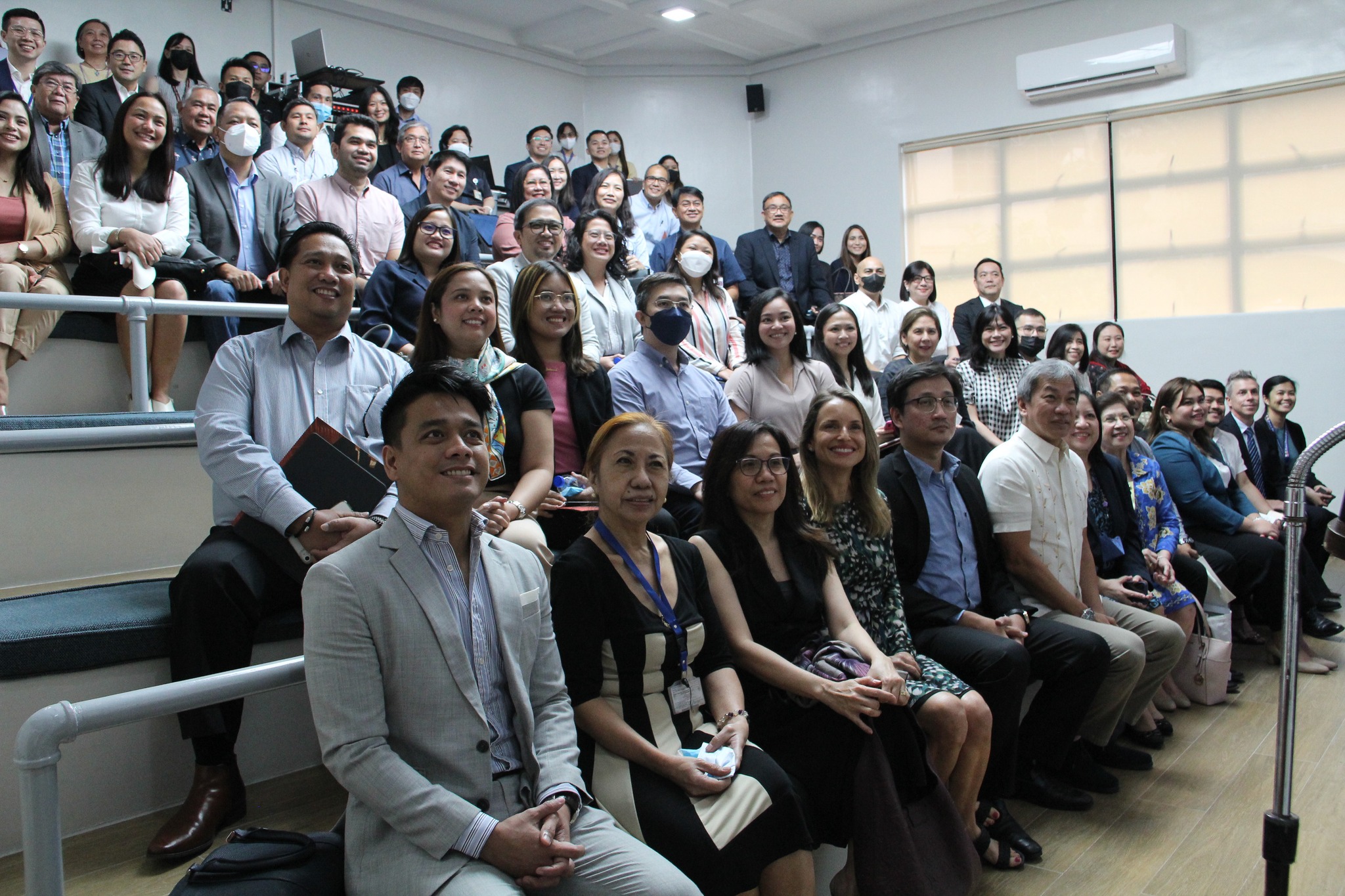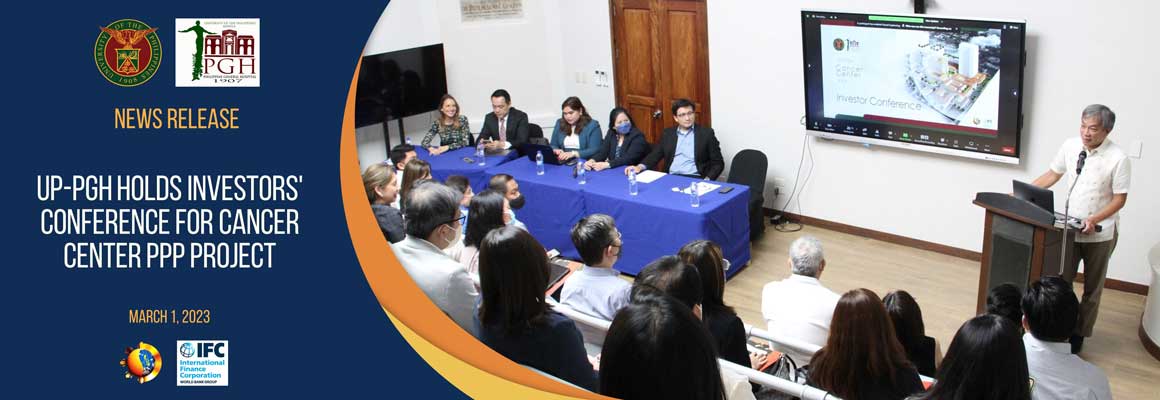
The University of the Philippines-Philippine General Hospital (UP-PGH) conducted an Investors’ Conference on Wednesday, to brief potential private partners for its Cancer Center Public-Private Partnership (PPP) project.
The PPP Center, together with the International Finance Corporation (World Bank Group), as Lead Transaction Advisor, supported this conference which was attended by over 160 representatives from 64 local and international entities in 12 countries across the fields of hospital operators, construction companies, equipment suppliers, financiers, and other stakeholders.
“You are not just investing in a 30-year project, you are investing in service to our countrymen that I hope will be an example of how private and public partners can change lives,” said Dr. Gerardo “Gap” D. Legaspi, Director of PGH.
The UP-PGH Cancer Center PPP project, which was approved by the National Economic and Development Authority (NEDA) Board in February, will serve both self-paying and sponsored patients with its expected 300-bed capacity wherein 150 beds are exclusively dedicated to underprivileged Filipinos.
Furthermore, the project is also expected to have new medical equipment, modern facilities, including outpatient clinics, inpatient wards, diagnostic and treatment centers, and research laboratories.
“The current administration strongly supports a PPP pipeline in the health sector. This project is timely in meeting the growing health needs of the Filipino people,” said Ma. Cynthia C. Hernandez, Executive Director of the PPP Center. “We also envision a more efficient delivery of public services by tapping the private sector’s capacity and technology.”
The UP-PGH will select a Private Partner through an open competitive tender who will design, finance, construct, equip and maintain the Cancer Center, and operate selected areas throughout a 30-year Build-Transfer-Operate concession agreement.
This project is envisioned to be a game-changer in cancer treatment and research in the Philippines. The project’s success will not only benefit cancer patients but also contribute to the country’s economic growth and development.

